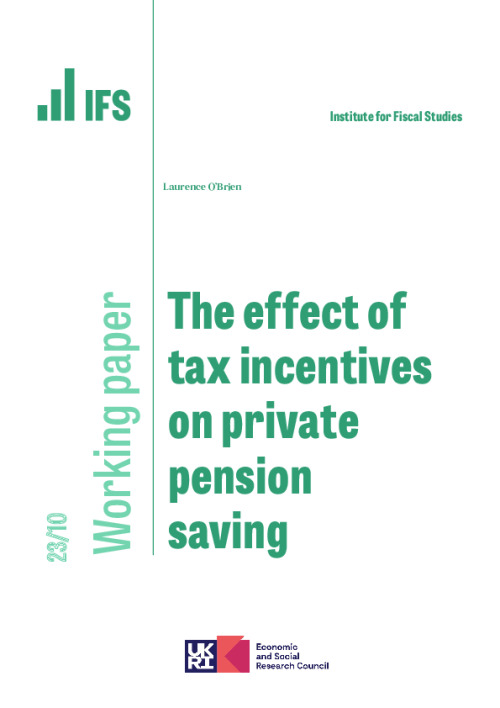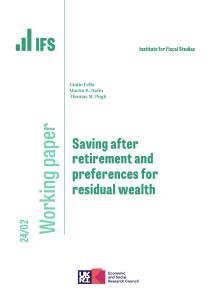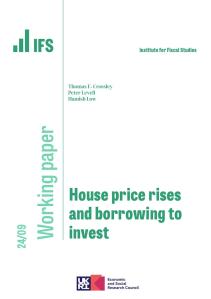In many countries, saving in a private pension is tax-advantaged to encourage saving for retirement; however, there is mixed evidence on the extent to which this increases saving. This paper estimates the responsiveness of private pension saving to tax incentives for employees in England and Wales using employer-reported panel data on pension contributions between 2005 and 2019. For identification, I exploit a kink in the income tax schedule where there is a large, discontinuous change in the marginal price of pension saving. In the earlier part of the sample period, 2005 to 2012, I estimate an intensive-margin elasticity of around -0.1 and an extensive-margin elasticity of -0.05, suggesting that employees do not respond strongly to this tax incentive to save. In 2013 to 2019, after the introduction of automatic enrolment into workplace pension plans, I find a lower average elasticity, consistent with those being brought into pension saving by this policy being passive savers.










